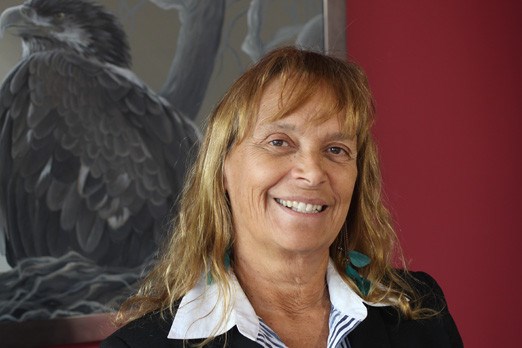THUNDER BAY -- A new program aims to help victims and witnesses of crime come forward.
As suggested after a community public safety forum earlier this month, Nishnawbe Aski Nation Legal Services will help First Nations victims and witnesses who might otherwise be afraid to speak to police about a crime.
It will also help if the person has a complaint against police themselves.
“If the people who were abused are afraid to come forward then the abusers are untouchable,” executive director Celina Reitberger said.
But the program will also help police investigate crimes that they might not have had information on otherwise.
Reitberger said it’s a step forward to help build trust between police and First Nations.
The program will help people navigate the system whether from a victim or witnesses standpoint.
“It’s not going to be hopefully an adversarial system,” she said. “They’re (police) as disturbed by the allegation s that are coming forward… they want to solve this problem and I think we’re on the right track,”
Thunder Bay Police Service chief J.P. Levesque thinks the program is a great idea.
“We can’t investigate what we don’t know about,” he said.
It’s an unfortunate reality that people feel reluctant to come forward as a victim or witness of a crime or with complaints against the police. Levesque said he doesn’t want his officers to think that the department is soliciting complaints. He likens it to a CEO of a company hearing allegations about an employee.
“Some of these allegations are criminal in nature would the CEO not want to do something about it? Would the CEO not want to find out who that individual is and try to do something about their employment with that company?” Levesque asked.
While officers do have diversity training, the department’s Aboriginal liason unit is looking to overhaul it with the help of First Nations leadership.
“Admittedly it needs to be updated and it’s something we’ve talked about,” he said.
The unit has a citizen’s advisory committee, which is something Reitberger wants to see take an active role in the issue. She said the awareness is increasing.
“We’re just the latest in a long line of people who have been trying to make relations between police and the Aboriginal community better,” she said. “There are a lot of people looking at the problem.”
Awareness has come a long way Dennis Franklin Cromarty principal Jonathan Kakegamic said. The community as a whole is necessary to address the problem.
But in the meantime, he thinks while there is still some fear of the police from students, they are starting to speak up. Education from places like local police and NAN legal have helped he thinks.
“I don’t know if it’s out of fear or they’re just finally starting to listen,” he said.
